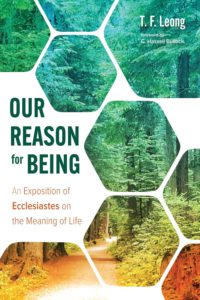 The Uncanny Superiority of Ecclesiastes over Its Counterparts
The Uncanny Superiority of Ecclesiastes over Its Counterparts
Kairos Podcast 7: Ecclesiastes and the Human Quest for Meaning (5/5)
Ecclesiastes is a speech “framed” by third-person references to the speaker, including a description of him and his teaching. In this description it is explicitly claimed that the speech is Scripture inspired by God. However, recent commentaries by even Evangelical scholars assume pessimism and contradictions in the speech. How then can it be Scripture inspired by God? The first video indicated that the supposed pessimism and contradictions in the speech are only apparent, not real. This final video seeks to corroborate the explicit claim that the speech is Scripture inspired by God by showing that the wisdom of Ecclesiastes is uncannily superior to that of its non-biblical counterparts.
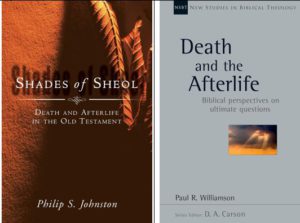 Death, Resurrection and Life Everlasting DRLE Pt.2
Death, Resurrection and Life Everlasting DRLE Pt.2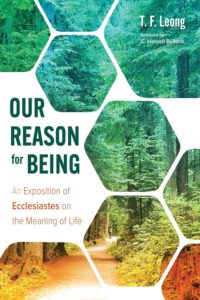
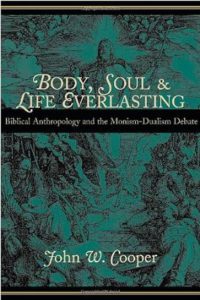 Death, Resurrection and Life Everlasting – DRLE Pt.1b
Death, Resurrection and Life Everlasting – DRLE Pt.1b
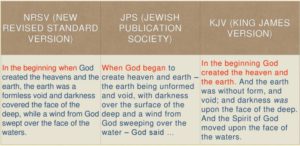 The standard translation takes Gen.1:1 to be an independent clause which refers to the absolute beginning of the universe: “In the beginning God created the heavens and the earth.” The word bərēʾšît (beginning) denotes the start of a whole sequence of events, that is, the absolute beginning of “the heavens and the earth.” The phrase is a rhetorical device (merism) which combines two extremes in order to refer to everything in between them. The translation is consistent with the idea that God created the whole universe ex nihilo.
The standard translation takes Gen.1:1 to be an independent clause which refers to the absolute beginning of the universe: “In the beginning God created the heavens and the earth.” The word bərēʾšît (beginning) denotes the start of a whole sequence of events, that is, the absolute beginning of “the heavens and the earth.” The phrase is a rhetorical device (merism) which combines two extremes in order to refer to everything in between them. The translation is consistent with the idea that God created the whole universe ex nihilo.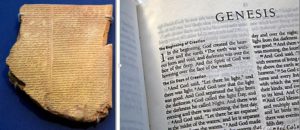
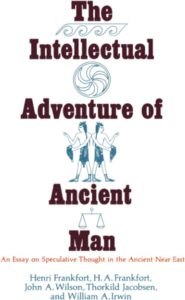 Many critical scholars in Western universities suggest that the biblical Creation and Flood stories borrowed ideas from Ancient Near Eastern Texts (ANET). For example, the Creation story in Genesis must be influenced by the Babylonian creation story of Enuma Elish since the story in Genesis is briefer and the preserved records of Genesis belong to a later date. However, Kenneth Kitchen rejects this notion. He writes, “The common assumption that the Hebrew account is simply a purged and simplified version of the Babylonian legend (applied also to the Flood stories) is fallacious on methodological grounds. In the Ancient Near East, the rule is that simple accounts or traditions may give rise (by accretion and embellishment) to elaborate legends, but not vice versa. In the Ancient Orient, legends were not simplified or turned into pseudo-history (historicized) as has been assumed for early Genesis.”/1/
Many critical scholars in Western universities suggest that the biblical Creation and Flood stories borrowed ideas from Ancient Near Eastern Texts (ANET). For example, the Creation story in Genesis must be influenced by the Babylonian creation story of Enuma Elish since the story in Genesis is briefer and the preserved records of Genesis belong to a later date. However, Kenneth Kitchen rejects this notion. He writes, “The common assumption that the Hebrew account is simply a purged and simplified version of the Babylonian legend (applied also to the Flood stories) is fallacious on methodological grounds. In the Ancient Near East, the rule is that simple accounts or traditions may give rise (by accretion and embellishment) to elaborate legends, but not vice versa. In the Ancient Orient, legends were not simplified or turned into pseudo-history (historicized) as has been assumed for early Genesis.”/1/